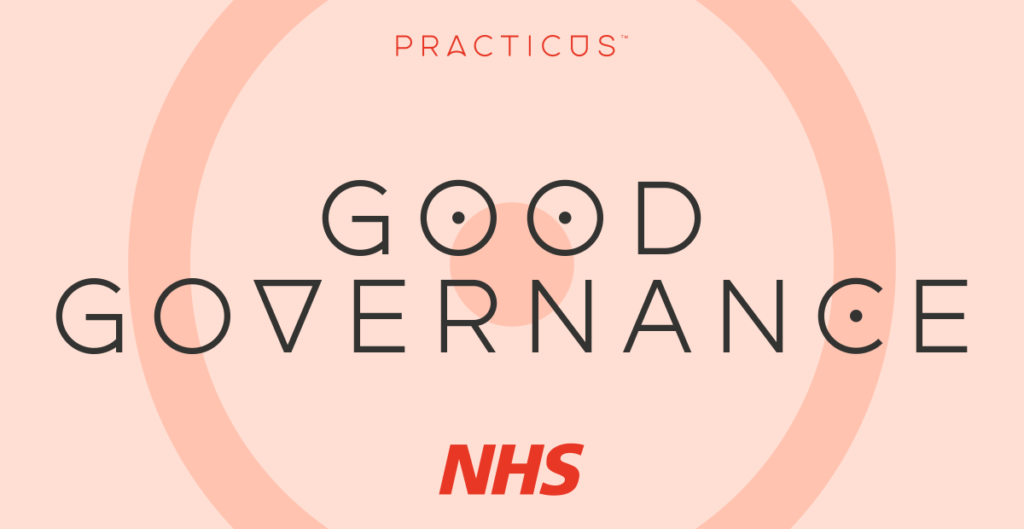Good Governance

Governance NHS programmes: as part of our ‘What If’ series on change in the NHS, we spoke to Turnaround and Programme Director, Chris Davies and asked him: “Putting all politics aside, if you could change one thing about the NHS, what would it be?”
If I could change one thing…
It would be to make governance of NHS programmes more consistent. To my mind, governance should be like a game of premier league football; the play takes place within a defined space with named players in each position and a referee to ensure fair play, in the presence of the stakeholders, the owners and, last but not least, the spectators – or in this instance the patients and their families.
My very first turnaround assignment involved introducing proper governance under National Audit Office scrutiny, and it proved so effective that I have used this governance approach ever since.
Governance structures are rarely a riveting read but what they lack in thrills they more than make up for in keeping the programme safe. Here’s mine:
- Context
- Programme scope
- Arrangements
- Terms of reference for the following:
– Senior Responsible Officer (SRO)
– Programme Board
– Programme Director
– Clinical Reference Group (CRG) - Named individuals
– SRO
– Programme Director
– Board members including CRG Chair
– Stakeholders
– Clinical Reference Group
– Core
– Workstream Leads and their Sponsors
It’s really important that the CRG Chair is a Consultant or Senior Nurse. The core team is usually composed of Clinical Directors from the affected Directorates, together with the Programme Director. Workstream Leads are responsible for the deliverables and the corresponding Workstream Sponsors are responsible for generating benefits from the deliverables.
All programme deliverables are confirmed by the CRG Chair at the Programme Board. Sponsors are ‘locked into’ the Workstreams, so that they participate in raising requirements and the acceptance testing. There can only be one SRO and subordinate roles are disallowed. The SRO is not a member of the CRG to satisfy ‘adequate separation of duties’.
Named individuals means that specific names only apply and that substitution is not permitted; in other words, responsibility is only vested in the named individuals and no one else.
Finally, back to the football.
The defined space is provided by the Context and Programme Scope; the rules are defined in the Arrangements; the Referee is the SRO; the Stakeholders are as described and the Customers are the Workstream Sponsors.
Deviation from the governance NHS programme structure always leads to problems. Properly structured governance that is understood and adhered to by all involved provides audit-proofing, which is the ultimate goal.
For help around the governance of NHS programmes, visit our NHS page.
About Chris
Chris is a programme director operating at board level in public sector and blue chip organisations. He’s a transformation specialist with a wide portfolio of skills ranging from workforce redesign, delivering complex IT and business programmes to Business Change.
About Practicus
Practicus provides problem solving and recruitment. To find out more about the company, see here